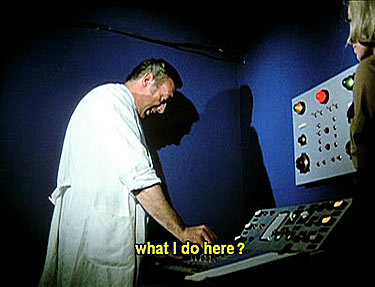The college curriculum. Cracking curriculum. What is weight really when you say the weight? Thirtytwo feet per second, per second. Law of falling bodies: per second, per second.
When the University of Massachusetts Lowell launched its nanotechnology center six years ago, scientists, engineers, and entrepreneurs were dreaming big dreams about small things, like miniature generators to replace batteries and microscopic robots to repair human tissues.
State officials and economic developers imagined new industries and jobs. Universities jockeyed for billions in research money. The news media hyped it as the next big thing.
So what happened?
A lot, actually. While nanotechnology — working at a scale that is one-thousandth the width of a human hair — may have faded from the public’s imagination, the field has made substantial progress in recent years, opening new frontiers in electronics, medicine, and materials.
Nanotech products have begun to enter commercial markets. Components such as nanoparticles and tiny conductive wires called carbon nanotubes are being standardized and mass-produced. New discoveries are being made. At the Massachusetts Institute of Technology, for example, researchers recently found that carbon nanotubes can not only conduct electricity, but generate it.
“Nanotechnology may have faded from view,’’ said Michael Strano, who led the MIT team that made the discovery, “but it has dissolved into a sea of science.’’At UMass Lowell, researchers have built working prototypes of sensors with components smaller than a grain of sand, able to detect chemical weapons, biological weapons, and previously undetectable cracks that threaten the integrity of ceramic body armor. They have also developed a process, similar to ink jet printing, to rapidly apply the sensors to soldiers’ equipment. (…)
Nanotechnology is at about the point that IT had reached in 1975, said Roco, but has gotten there much faster. Roco estimates nanotechnology will reach IT’s 1995 stage by 2020.
{ Boston Globe | Continue reading | via Josh Wolfe }



